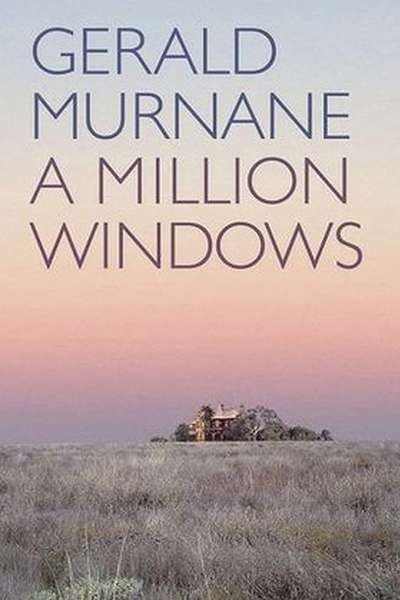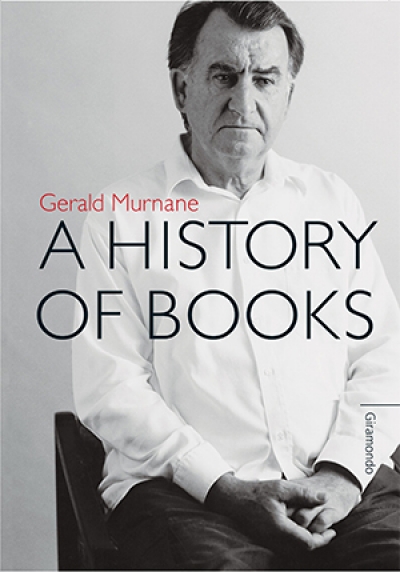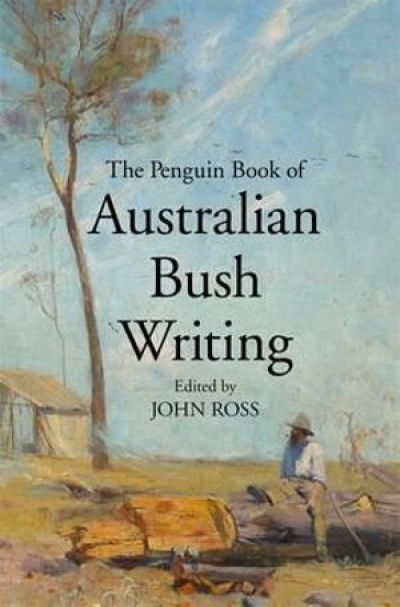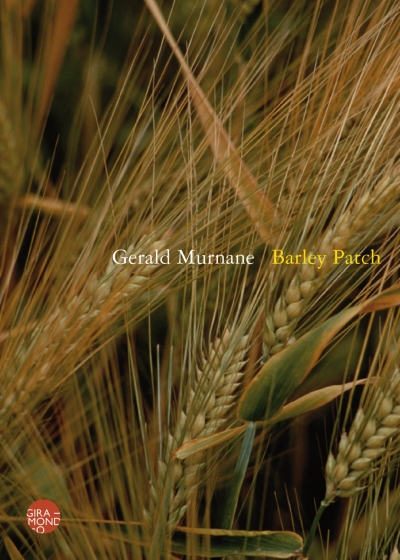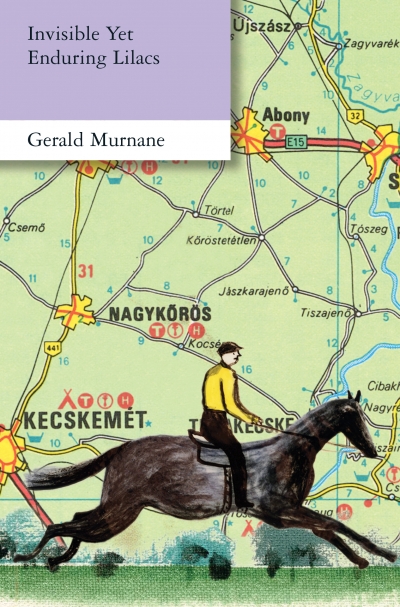Gerald Murnane
'The scientist of his own experience: A Profile of Gerald Murnane' by Shannon Burns
The town of Goroke (population six hundred) stands almost exactly between Melbourne and Adelaide, in the Wimmera region of Victoria. It is, in many ways, a typical small country town. If you drive there in the morning during late spring or early summer, you’ll need to slow the car to avoid kangaroos on the road. Magpies are everywhere. Horses and other livestock m ...
What makes a story compelling? When I was an undergraduate student at Deakin University, I was fortunate enough to be instructed in fiction writing by Gerald Murnane. His key criterion for the worth of a story was its capacity to mark his memory with an enduring image. Over time he used to cull books from his shelves that failed to impress him in this way.
... (read more)Since the publication of Tamarisk Row (1974), Gerald Murnane has continued to shape his own peculiar literary landscape. With The Plains (1982), he perfected the novelistic expression of his style; since then Murnane has concentrated on hybrid forms better suited to his purposes. Landscape with Landscape (1985), Velvet Waters (1990), and A History of Books (2012) are high points of this phase, but his newest fiction, A Million Windows, is in every part their equal.
... (read more)The autobiography, that seemingly inevitable act of self-revelation, is frequently a work tricked out with very little art. For the novelist, unlike the anecdote-disposing musician or painter, the problem is doubled: they are making a home with the same tools. Rare is the autobiography that, like Nabokov’s Speak, Memory (1951) or Martin Amis’s Experience (2001), speaks in the voice of the working artist, similarly lush or distinctive – the same register, that same unmistakable snap and hum. Too often a plainer style is attempted: the unadorned truth, as it were, after so many convincing lies. But what happens when, at some crucial point in a writer’s oeuvre, the distinction between fact and fiction – or, to use the market’s terms, fiction and non-fiction – becomes a useless one? Gerald Murnane has always been a deeply autobiographical writer – he once famously claimed to possess no imagination, which would seem to make memoir of any kind a default position – and his latest work of fiction, A History of Books, renders the distinction more useless than ever.
... (read more)The Penguin Book of Australian Bush Writing edited by edited by John Ross
Twinings has recently introduced a new tea flavour called ‘Australian Afternoon Tea’. On the box is an image of kangaroos silhouetted against a red rocky background, which is a sort of amalgam, or perhaps amalgum, of Uluru and Kata Tjuta. This book is like that tea – more Australian than Australia, in a packaged, labelled form that relies heavily on recognition, stereotype, and sentiment. I have to admit that when I started reading the Introduction I thought it might be a parody, but perhaps that just shows jaded sensibilities. Nevertheless, I am not convinced that as ‘Australians we carry a certain vague longing for the bush’. Perhaps I am not drinking the right tea.
... (read more)Eighteen years ago, Gerald Murnane gave up writing fiction. At least, that is what the unnamed narrator of Barley Patch says happened to him in this new work of fiction, the first to be published by Murnane in fourteen years. It is tempting to think that this book might offer some kind of insight into what led to this hiatus in Murnane’s career. After all, if Murnane is Australia’s most innovative writer of fiction, as the book’s blurb tells us, this period of silence is an absence that should interest careful readers.
... (read more)The Choir of the Just
Peter Craven’s review of the Macquarie PEN Anthology of Australian Literature has generated much comment, some of it favourable, some not. Much of the latter was concentrated on the Internet, with the kind of reflexive, personality-driven, bien-pensant umbrage that often passes for literary discourse in the blogosphere. James Joyce’s phrase ‘the choir of the just’ springs to mind. What comes through is a shrill note of intolerance, the implication that because certain people disagree with other people’s views, the latter should not be aired. So much for liberal values.
... (read more)Shimmying
Dear Editor.
It was a delight to go to my mailbox this morning and find the February issue of ABR. Two glimpses as I flicked through it have given me enough pleasure to last for the rest of the day, at least. One was to read Dorothy Porter’s poem, ...
300 and all that!
Next month marks the 300th issue of ABR. We’re feeling very generous as we approach this milestone. We invite current subscribers to give away a free six-month subscription to ABR when they renew. This is your chance to introduce a friend or colleague to ABR (recipients of these gifts must not be current or recently lapsed subscribers). All you have to do is to complete the cover sheet accompanying the March issue or contact the Office Manager on (03) 9429 6700 or This email address is being protected from spambots. You need JavaScript enabled to view it.. Any current subscriber can take up this special offer if they renew now: your subscription doesn’t have to lapse this month for you to be eligible.
... (read more)Invisible Yet Enduring Lilacs by Gerald Murnane & Literati by James Phelan
I could always rely on Gerald Murnane for a beautiful quote. Nine years ago, when I was researching a piece on writers and technology, he told me he wrote all his books on a manual typewriter with the index finger of his right hand: ‘My favourite word to type, as a one-finger typist, is “afterwards”,’ Murnane told me over the phone. ‘It’s a beautiful whirly movement with one finger.’ Afterwards, as I transcribed his perfectly weighted sentences, it was clear that Murnane had probably already written the words he spoke to me. ‘I tend to think of words as written things rather than spoken things,’ Murnane writes in ‘The Breathing Author’, one of the more recent pieces in Invisible Yet Enduring Lilacs, his first book in a decade. ‘While I speak, I often visualise my words as being written somewhere at the same time.’
... (read more)

